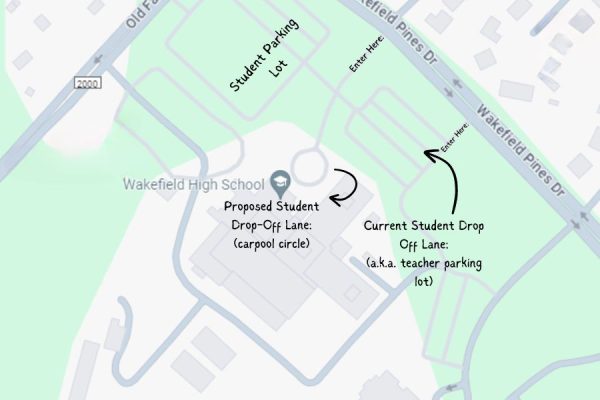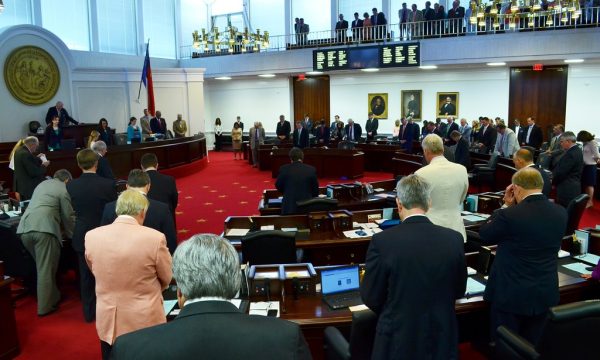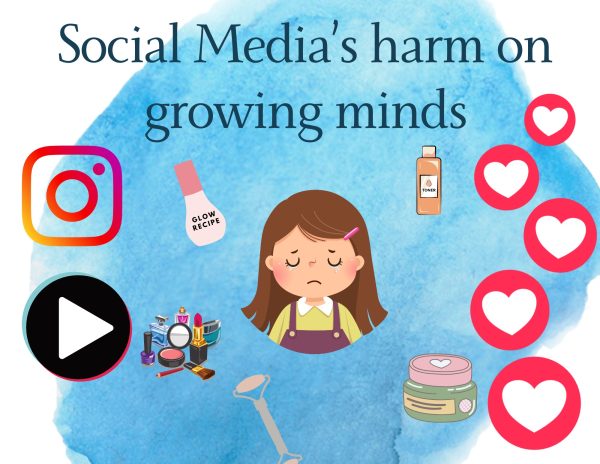Sounds like a good idea
Why music should be allowed in the classroom
The administration at Wakefield High School has begun cracking down on students using their headphones during class and it has not gone over well with students. Students commonly used headphones while doing busy work or while waiting for fellow students to finish their tests but that is no longer an option. However, a variety of studies have proven that music in the classroom can accelerate learning and improve retention as well as a plethora of other advantages.
Music in the classroom has been proven to allow large quantities of information to be effectively stored and recalled at future dates. According to PBS.com, “Baroque music, such as that composed by Bach, Handel or Telemann, that is 50 to 80 beats per minute creates an atmosphere of focus that leads students into deep concentration in the alpha brain wave state. Learning vocabulary, memorizing facts or reading to this music is highly effective.” A good example of a suitable studying song would be “Beethoven’s 5th” but all genres of music can be effective. This music creates an emotional atmosphere for students to become more engaged in the learning experience. It also induces a state of relaxation which allows for improved retention of information. Allowing students to play music while studying for tests or during review sessions can improve their grade by a couple points. Their success may inspire them to continue studying in this way and further improve their education.
Not only is music an incredibly effective catalyst for information retention, it has a profound effect on the way the brain absorbs information as well. According to John Hopkin’s University, “background music is geared to place the student in a relaxed alpha brain wave state and stabilize the student’s mental, physical and emotional rhythms to increase information absorption.”
Teachers should take advantage of this highly effective and easily incorporated asset to drastically improve the educational quality their students are receiving.
Many teachers at Wakefield High School say that concentration is the reason headphones are banned, but music actually allows some students to improve their concentration. “Someone with a high optimum level of arousal requires more stimulation from the environment” according to Health Guidance, and a strong stimulant is music. People with high stimulation have a hard time staying focused without an active environment while low arousal students need little stimulants at all. An easy fix for this would be to allow high arousal students to use headphones as low arousal people would not want to use headphones anyway. When doing busy work, using headphones can allow a student to separate themselves from the other distractions of the classroom and get in the zone to work.
Wakefield High School has banned headphones in the classroom but such a rule is more detrimental to students than it is beneficial. Music in the classroom improves absorption, retention and concentration.












